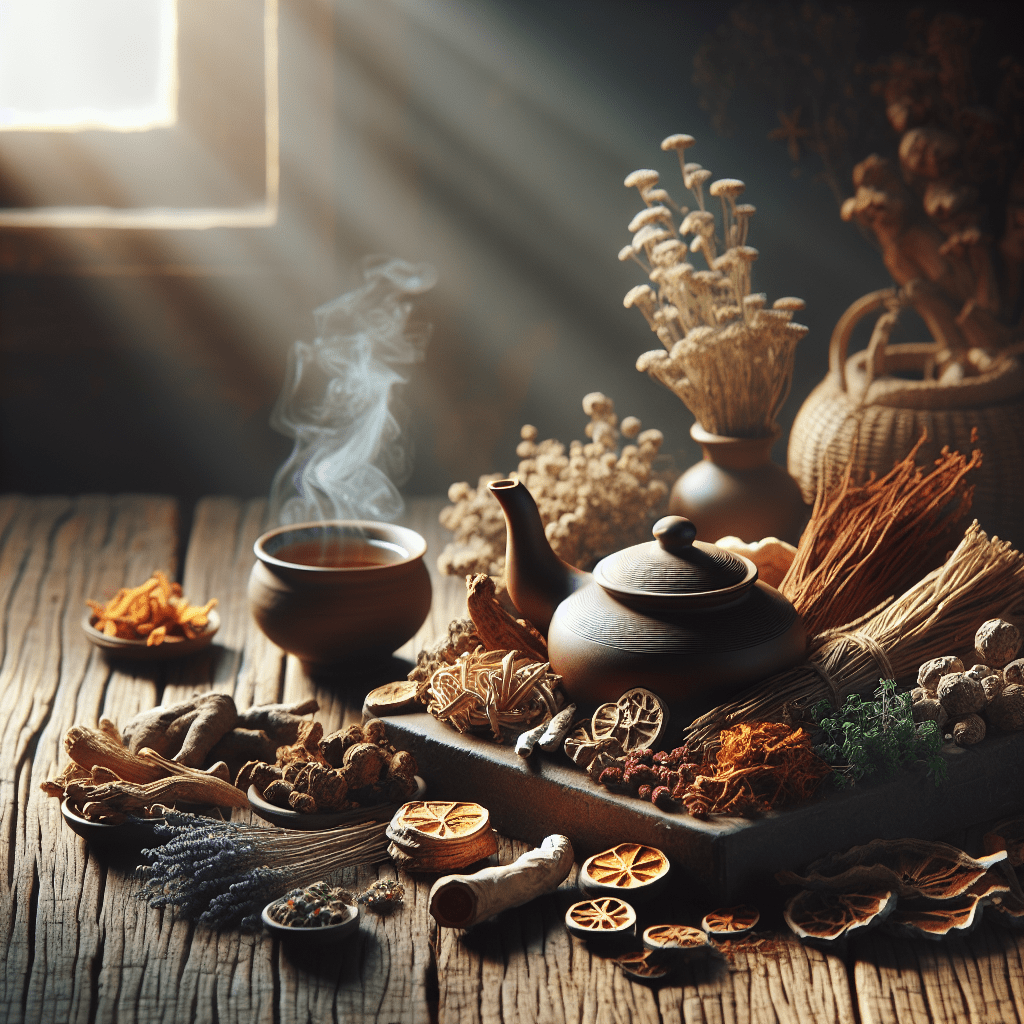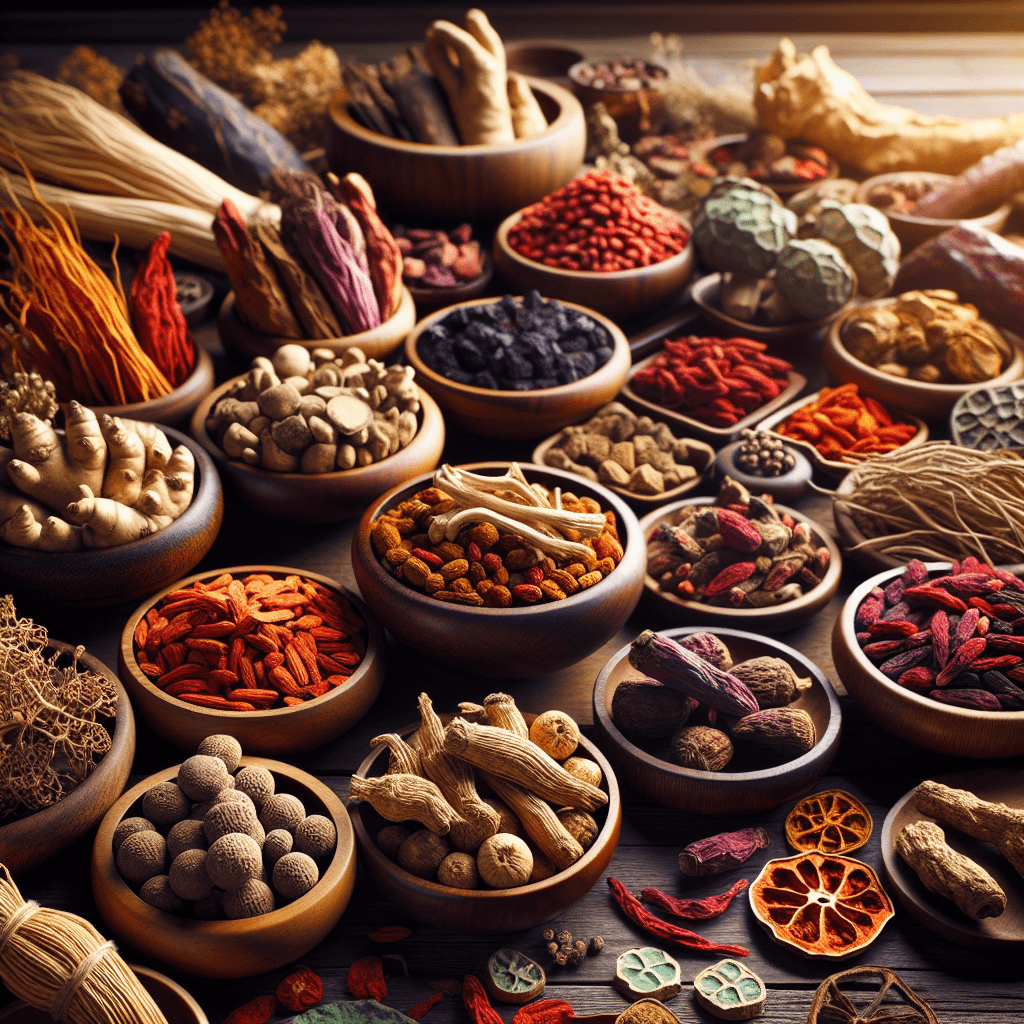In recent years, there’s been a remarkable surge in interest for natural approaches to managing common health conditions. High blood pressure, affecting nearly 1.3 billion people worldwide, has become a particular focus for those seeking alternatives to conventional medications. Many health-conscious individuals are turning eastward, exploring the time-tested wisdom of Traditional Chinese Medicine (TCM) for gentler yet effective solutions to hypertension.
This growing curiosity isn’t merely about avoiding pharmaceutical side effects. It reflects a deeper shift in how many people view their health—seeking balance and harmony rather than simply suppressing symptoms. Eastern healing philosophies, with their holistic approach to wellness, offer a compelling alternative that addresses both the physical manifestations of high blood pressure and their underlying causes.
“More patients are coming to me asking specifically about Chinese herbal options before trying conventional medications,” says Dr. Sarah Chen, a TCM practitioner in San Francisco. “They’re drawn to the idea that these remedies have been refined over thousands of years and treat the whole person, not just the numbers on a blood pressure monitor.“
Powerful Chinese Herbs for Managing Hypertension
Traditional Chinese Medicine offers a treasure trove of herbs that have been used for centuries to support healthy blood pressure. Unlike many Western approaches that target a single mechanism, Chinese herbs for high blood pressure often work through multiple pathways to restore balance within the cardiovascular system.
Hawthorn Berry (Shan Zha)
Hawthorn berry stands as perhaps the most renowned Chinese herb for cardiovascular health. This small red fruit contains flavonoids that help dilate blood vessels, improve blood flow, and strengthen the heart muscle. Studies show that Hawthorn can effectively lower both systolic and diastolic blood pressure by relaxing the arterial walls.
“Hawthorn is what we call a ‘food herb’ in Chinese medicine,” explains herbalist Li Wei. “It’s so gentle yet effective that it’s often included in everyday cooking in many parts of China as a preventative measure for heart health.“
Chrysanthemum Flower (Ju Hua)
These delicate flowers do more than make beautiful teas. In TCM, Chrysanthemum is prized for its ability to clear heat and calm the liver—two factors often associated with elevated blood pressure in Eastern medicine. The flowers contain compounds that help dilate blood vessels and improve circulation, particularly to the head and eyes.
Regular consumption of Chrysanthemum tea has been linked to modest but consistent reductions in blood pressure, making it an excellent supportive herb for those with mild hypertension or as part of a more comprehensive herbal regimen.
Danshen (Salvia miltiorrhiza)
Often called the “miracle root” for heart health, Danshen has been extensively studied for its cardiovascular benefits. This powerful herb improves microcirculation, prevents platelet aggregation, and promotes blood flow by dilating blood vessels.
Research shows Danshen contains active compounds like tanshinones and salvianolic acids that can significantly lower blood pressure while protecting the heart from damage. Its ability to improve blood flow makes it particularly valuable for those with hypertension accompanied by poor circulation.
Gou Teng (Uncaria rhynchophylla)
This hook-like herb is a potent vasodilator in TCM. Gou Teng works directly on the nervous system to calm hyperactivity and reduce stress—a common contributor to high blood pressure. Studies have identified several alkaloids in Gou Teng that actively relax blood vessels and lower blood pressure through multiple mechanisms.
Eucommia Bark (Du Zhong)
Traditionally used to strengthen the kidneys and liver—systems associated with blood pressure regulation in TCM—Eucommia bark has shown remarkable ability to support healthy blood pressure levels. It contains compounds that strengthen blood vessel walls while helping them remain flexible, a crucial factor in maintaining healthy blood pressure.
Scientific Evidence Supporting Chinese Herbs for Hypertension
While traditional wisdom provides a strong foundation, modern scientific research has been catching up to validate what practitioners have known for centuries. Clinical studies on Chinese herbs for high blood pressure have yielded promising results, often showing efficacy comparable to conventional medications but with fewer adverse effects.
A comprehensive review published in the Journal of Clinical Hypertension analyzed 22 randomized controlled trials involving over 3,500 patients. The analysis found that certain Chinese herbal formulations reduced systolic blood pressure by an average of 8-12 mmHg and diastolic pressure by 4-8 mmHg—results comparable to many first-line antihypertensive medications.
Another landmark study from the Shanghai Institute of Hypertension tracked 800 patients with mild to moderate hypertension over two years. Those receiving standardized Chinese herbal formulations showed not only significant blood pressure reductions but also improvements in other cardiovascular risk factors, including cholesterol levels and arterial stiffness.
“What’s particularly impressive about these studies is that they’re showing benefits beyond just blood pressure numbers,” notes cardiologist Dr. James Peterson, who has been incorporating evidence-based complementary approaches into his practice. “We’re seeing improvements in overall vascular health, inflammation markers, and quality of life measures.”
The mechanisms behind these effects are increasingly well understood. Chinese herbs for high blood pressure often work through multiple pathways:
- Improving endothelial function and nitric oxide production
- Reducing oxidative stress and inflammation in blood vessels
- Modulating the renin-angiotensin-aldosterone system
- Supporting kidney function and fluid balance
- Regulating the autonomic nervous system
This multi-target approach may explain why herbal treatments often provide more comprehensive cardiovascular protection than single-mechanism pharmaceutical drugs.
Safety Considerations for Chinese Herbal Treatments
While the efficacy of Chinese herbs for high blood pressure is increasingly supported by science, safety remains a paramount concern. It’s important to approach these powerful natural remedies with appropriate caution and knowledge.
Most Chinese herbs used for hypertension have excellent safety profiles when used correctly. A systematic review published in the Journal of Ethnopharmacology examined adverse events reported in 50 clinical trials of Chinese herbal medicines for hypertension. The researchers found that serious adverse events were rare, with most side effects being mild and transient.
However, this doesn’t mean these herbs are without risks. Some important safety considerations include:
Standardization and quality: Herbal products can vary widely in potency and purity. Always source herbs from reputable suppliers who test for contaminants and standardize active ingredients.
Herb-drug interactions: Some Chinese herbs can interact with conventional blood pressure medications. For example, Danshen may enhance the effects of blood thinners, while certain herbal formulations can affect how the body processes medications.
Individual response: TCM emphasizes personalized treatment based on your specific constitution and symptom pattern. What works well for one person might not be appropriate for another.
Dr. Lin Zhao, a pharmacologist specializing in herb-drug interactions, emphasizes, “Never start or stop any blood pressure medication without consulting your healthcare provider, and always inform them about any herbs you’re taking. The goal should be integration, not replacement.”
For those considering Chinese herbs for high blood pressure, working with qualified practitioners becomes essential. A licensed TCM practitioner can:
- Assess your specific condition according to TCM principles
- Recommend appropriate herbs based on your unique pattern
- Adjust dosages as needed based on your response
- Monitor for potential interactions with other medications
- Ensure the herbs are properly prepared and administered
“Safety comes from proper diagnosis, proper prescription, and proper supervision,” explains Dr. Chen. “In traditional practice, herbs weren’t simply given as one-size-fits-all remedies but were carefully tailored to the individual. That personalized approach remains crucial today.”
Integrative Approaches: Combining Herbs with Other TCM Modalities
While Chinese herbs alone can be powerful tools for managing high blood pressure, traditional practice rarely relies on a single approach. The most effective strategies often integrate herbs with other TCM modalities for a synergistic effect.
Acupuncture and Hypertension
Numerous studies have demonstrated acupuncture’s effectiveness in lowering blood pressure. A meta-analysis published in the American Journal of Hypertension found that acupuncture reduced systolic blood pressure by an average of 6-8 mmHg and diastolic pressure by 4-6 mmHg when compared to sham treatments.
“When we combine specific herbs with targeted acupuncture protocols, we often see results that exceed what either treatment could achieve alone,” notes acupuncturist Wei Zhang. “The herbs work on the biochemical level while acupuncture addresses energy flow and nervous system regulation.”
Tai Chi and Qigong
These mind-body practices have shown remarkable benefits for hypertension management. A review in the Journal of Alternative and Complementary Medicine analyzed 20 studies and found that regular Tai Chi practice reduced systolic blood pressure by an average of 12 mmHg and diastolic pressure by 6 mmHg.
The slow, deliberate movements combined with controlled breathing help regulate the autonomic nervous system, reducing stress hormones that contribute to high blood pressure. When combined with appropriate Chinese herbs for high blood pressure, these practices create a comprehensive approach to cardiovascular health.
Dietary Therapy
In TCM, food is medicine. Traditional dietary recommendations for hypertension often include:
- Increasing cooling foods like celery, cucumber, and watermelon
- Reducing heating, stimulating foods like alcohol and excessive spices
- Balancing flavors to support various organ systems
- Eating in harmony with seasonal changes
A study from Guangzhou University of Chinese Medicine found that when dietary therapy was combined with herbal treatment, patients achieved better blood pressure control with lower herb dosages than those using herbs alone.
The HerbalsZen Approach: Ancient Wisdom Through Modern Technology
At HerbalsZen, we believe that the ancient wisdom of Traditional Chinese Medicine remains profoundly relevant in our modern world. Our philosophy aligns perfectly with the balanced approach to hypertension management that Chinese herbal traditions have refined over millennia.
Through our innovative EASTCHI AI platform, we’re making this ancient wisdom more accessible than ever. By analyzing individual constitutional types through Five Element Theory and considering seasonal factors, EASTCHI AI provides personalized recommendations that honor the holistic nature of Eastern healing traditions.
“What makes our approach unique is that we’re not simply digitizing ancient texts,” explains Sarah Li, head of development at HerbalsZen. “We’re using artificial intelligence to analyze patterns in the same way master herbalists would, identifying imbalances and suggesting personalized solutions based on 2,000 years of collective wisdom.”
For those exploring Chinese herbs for high blood pressure, EASTCHI AI can provide guidance on:
- Which herbs might be most suitable for your specific constitution
- Dietary recommendations that complement herbal therapies
- Lifestyle modifications that enhance the effectiveness of natural approaches
- Seasonal adjustments to maintain balance throughout the year
This fusion of ancient healing wisdom with cutting-edge technology represents the future of integrative health—honoring traditional knowledge while making it accessible through modern means.
As more people seek natural, holistic approaches to managing hypertension, Chinese herbal medicine offers a promising alternative or complement to conventional treatments. With proper guidance, these time-tested remedies can help many find the balance they seek—not just in their blood pressure readings, but in their overall approach to health and wellness.
The journey toward balanced blood pressure doesn’t require choosing between ancient wisdom and modern science. With thoughtful integration, we can embrace the best of both worlds, creating personalized approaches that honor the complexity of human health and the remarkable healing potential of nature.


